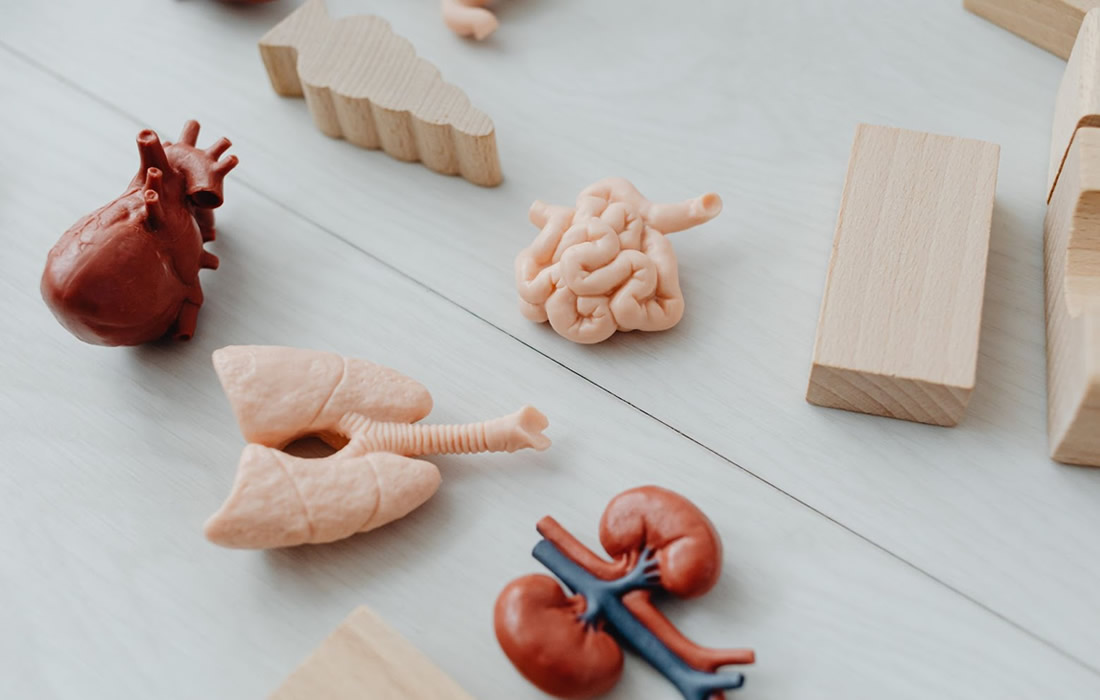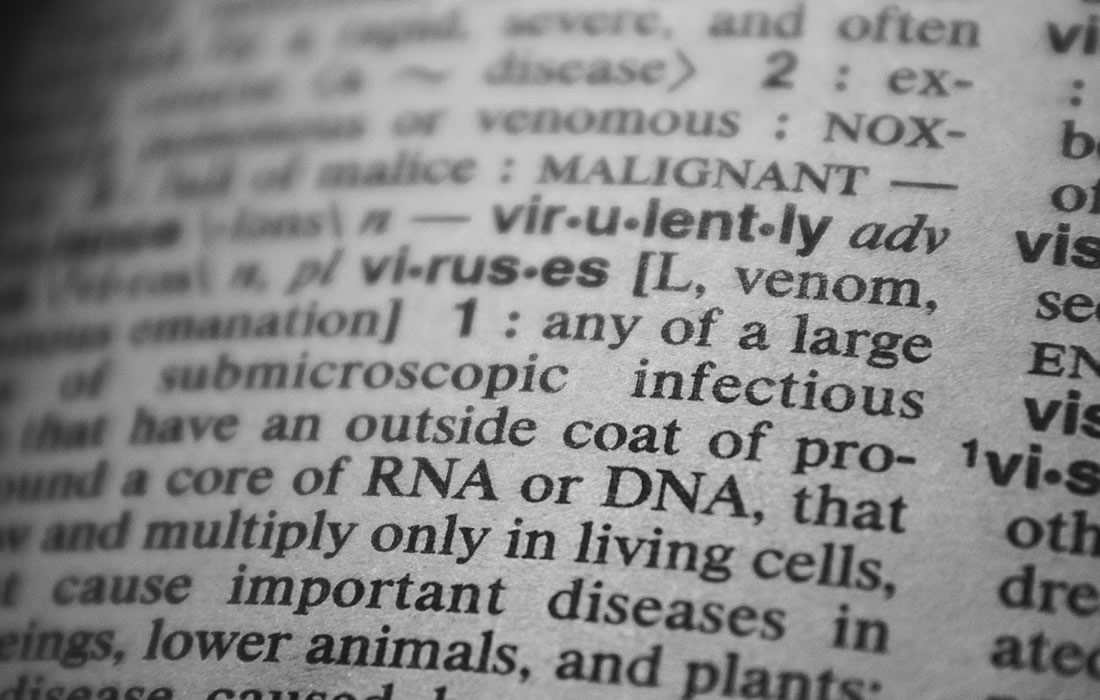Scientific understanding of how different diets impact the human immune system and microbiome is limited. The keto diet is a low-carbohydrate diet that is generally high in fat. The vegan diet eliminates animal products and tends to be high in fiber and low in fat. The study was conducted by researchers from the NIH’s National […]
Author Archives: Rocio Gallegos, MD
Chronic obstructive pulmonary disease (COPD) is the third leading cause of death worldwide. It is marked by lung damage that is lasting and incurable, leaving lung transplantation as the only viable treatment option. Through a biological technique known as blastocyst complementation, PSCs, and embryonic stem cells (ESCs) from one species can be injected into blastocysts […]
The urgent need for an effective therapeutic regimen for ventricular arrhythmia inspired THI’s Electrophysiology Clinical Research & Innovations (EPCRI) team, led by its director, Dr. Razavi, to partner with Dr. Cosgriff-Hernandez and her UT Austin Biomedical Engineering (UT Austin BME) team to co-develop an innovative strategy that addresses the pathophysiology of re-entrant arrhythmia. Ventricular arrhythmia, […]
Researchers have created the world’s largest ancient human gene bank by analyzing the bones and teeth of almost 5,000 humans who lived across western Europe and Asia up to 34,000 years ago. By sequencing ancient human DNA and comparing it to modern-day samples, the international team of experts mapped the historical spread of genes over […]
Scientists have solved a cellular murder mystery nearly 25 years after the case went cold. Following a trail of evidence from fruit flies to mice to humans revealed that cannibalistic cells likely cause a rare human immunodeficiency. Now the discovery shows promise for enhancing an up-and-coming cancer treatment. “This paper takes us from very fundamental […]
New research shows that the recently emerged BA.2.86 omicron subvariant of the virus that causes COVID-19 can be neutralized by bivalent mRNA vaccine-induced antibodies in the blood, which explains why this variant did not cause a widespread surge as previously feared. However, the study in cell cultures showed this SARS-CoV-2 variant can infect human cells […]
Ethanol interferes with the normal functioning of a long list of biological molecules, but how each of these interactions contributes to the behavioral effects of alcohol is not fully understood. A guiding, but elusive, goal of researchers is to identify the protein to which ethanol binds that makes some people vulnerable to excessive drinking. Previous […]
In a new study scientists have achieved a significant milestone in drug development. Their research opens the door to a new class of orally available drugs, addressing a long-standing challenge in the pharmaceutical industry. “There are many diseases for which the targets were identified but drugs binding and reaching them could not be developed,” says […]
SARS-CoV-2 viral particles are composed of a core of nucleic acid chains that contain the genetic information of the virus, surrounded by a lipid membrane with proteinous spikes sticking out. Each component is necessary for infection. Researchers from the University of Southampton investigated how ultraviolet laser light destroys the virus by impacting each of these […]
Increases in symptoms of depression are associated with a subsequent increase in body weight when measured one month later, new research from the University of Cambridge has found. Research has suggested a connection between weight and mental health but the relationship is complex and remains poorly understood, particularly in relation to how changes in an […]










